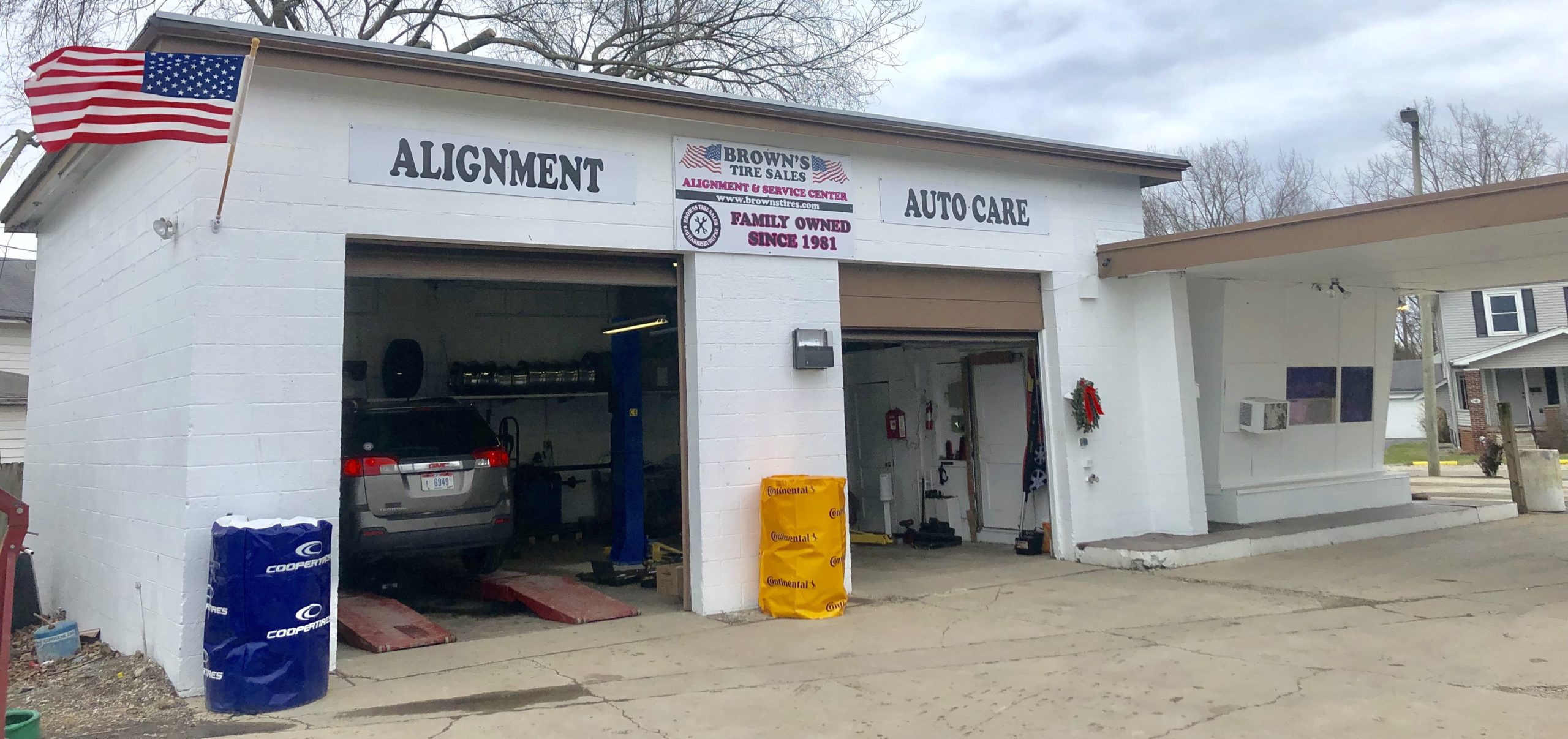Morris Tire: Your Pit Stop for Top Quality and Convenience in Tire Tracks Morris IL
Morris Tire: Your Pit Stop for Top Quality and Convenience in Tire Tracks Morris IL
Blog Article
The Environmental Benefits of Proper Tire Upkeep
Maintaining proper tire treatment is usually ignored, yet its effect on the setting is profound. From reducing gas usage to reducing emissions result, the benefits are significant. Correct tire maintenance not just extends the lifespan of tires however likewise lowers garbage dump waste and adds to enhanced air quality. The interconnectedness of these advantages highlights the vital duty that simple upkeep methods can play in promoting environmental sustainability.
Lowered Gas Intake
Improving tire maintenance methods can lead to a significant decrease in fuel intake for automobiles. According to the U.S. Department of Energy, underinflated tires can reduce gas mileage by 0.2% for every 1 psi decrease in pressure in all 4 tires.
In enhancement to tire stress, routine tire rotations and placements also play an important duty in gas performance. Unevenly used tires can boost fuel intake as the engine functions harder to maintain rate and grip. By maintaining proper placement and revolving tires at suggested periods, chauffeurs can make certain even lengthen the life and put on of their tires, ultimately conserving gas and decreasing their carbon impact.
Extended Tire Life-span
Expanding the life expectancy of tires is a vital facet of reliable automobile upkeep techniques that can generate price financial savings and environmental benefits over time. By effectively keeping tires, drivers can considerably lengthen their usability, decreasing the frequency at which new tires need to be produced and old ones disposed of. This not just saves beneficial resources yet additionally lessens the energy and exhausts related to tire production and disposal processes.
Regularly inspecting tire stress, turning tires, and ensuring appropriate alignment are essential actions in prolonging tire life-span. Appropriate tread deepness is vital for ideal traction and safety and security, yet it additionally contributes in how lengthy tires can be utilized prior to needing replacement. Additionally, staying clear of hostile driving actions that accelerate tire wear, such as harsh braking and sharp turns, can further improve tire toughness.
Ultimately, boosting the longevity of tires with aggressive upkeep not just profits the atmosphere by lowering waste and conserving resources but additionally leads to cost savings for automobile proprietors by postponing the need for new tire purchases.
Reduced Discharges Outcome
Reliable tire upkeep techniques add to a reduction in discharges outcome, straightening with environmental sustainability objectives in the automotive industry. Correctly inflated tires, regularly rotated and lined up, can improve gas effectiveness, therefore reducing the general carbon dioxide emissions from automobiles. When tires are underinflated, the engine needs to function harder to thrust the car, resulting in boosted fuel intake and higher emissions. By keeping optimum tire stress degrees, vehicle drivers can help alleviate these unfavorable ecological impacts.
Furthermore, well-maintained tires additionally boost grip and decrease rolling resistance, further boosting fuel efficiency. This, subsequently, decreases the amount of exhaust gases launched right into the atmosphere. In addition, making certain tires are appropriately blown up and lined up can expand the life expectancy of the tires, decreasing the frequency of tire substitutes and the connected ecological expenses of tire manufacturing and disposal.

Lowered Land Fill Waste
Offered the favorable influence of correct tire upkeep on lowering go emissions outcome, one more significant environmental benefit is the capacity for lowered land fill waste. By making sure that tires are correctly pumped up, aligned, balanced, and rotated routinely, their lifespan can be substantially prolonged.

Improved Air Top Quality
Enhancing air high quality via appropriate tire maintenance practices is a vital aspect of sustainable environmental stewardship. When tires are underinflated, they produce extra rolling resistance, causing increased gas usage and greater emissions of dangerous toxins such as carbon monoxide gas and nitrogen oxides. Effectively inflated tires not only enhance gas efficiency yet also decrease the quantity of toxins released into the air.
Furthermore, properly maintained tires with proper tread depth and positioning contribute to much safer motoring problems, decreasing the likelihood of mishaps that can cause the launch of additional pollutants into the environment. By expanding the life-span of tires via normal upkeep and rotation, fewer tires are discarded prematurely, reducing the ecological impact of tire disposal and manufacturing processes.
Conclusion
To conclude, correct tire maintenance provides numerous ecological benefits. By minimizing gas intake, expanding tire life-span, reducing discharges output, decreasing landfill waste, and boosting air top quality, individuals can contribute to a healthier earth. These initiatives not just profit the setting yet also aid to preserve resources and minimize overall environmental influence. It is vital for people to focus on tire upkeep as a basic yet efficient way to safeguard the atmosphere for future generations.
Appropriate tire maintenance not just extends the life-span of tires but additionally reduces landfill waste and adds to improved air high quality - morris tire. By preserving proper positioning and turning tires at recommended periods, over at this website motorists can ensure also use and prolong the life of their tires, ultimately saving fuel and lowering their carbon footprint
By effectively preserving tires, motorists can considerably lengthen their usability, minimizing the frequency at which new tires require to be made and old ones disposed of.Consistently checking tire pressure, rotating tires, and making sure proper positioning are crucial steps in expanding tire lifespan. In addition, guaranteeing tires are appropriately inflated and aligned redirected here can extend the life expectancy of the tires, reducing the frequency of tire substitutes and the linked environmental expenses of tire production and disposal.
Report this page